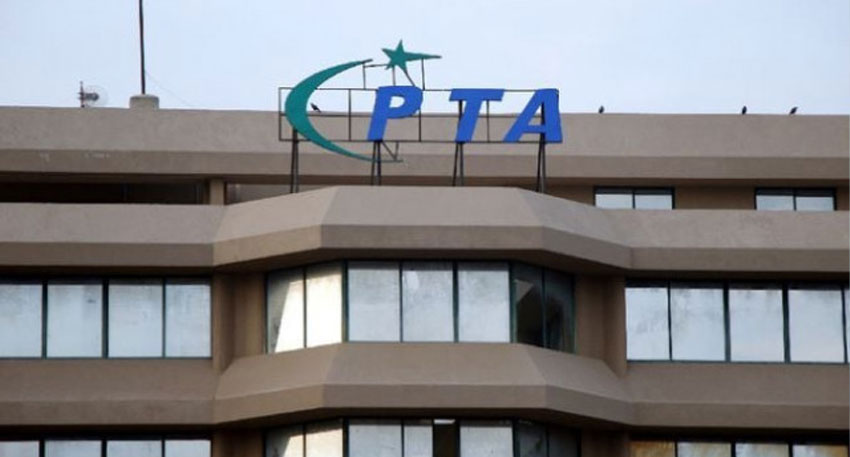
Despite the dip, trading activity remained strong with over 665 million shares changing hands. The overall value of shares stood at Rs31,543,000,000, higher than Rs26,343,000,000 recorded in the previous session.
A total of 479 companies participated in the market, where 196 gained value, 256 lost ground, and 27 remained unchanged.
Among the most traded stocks were First Dawood Prop with more than 40 million shares at Rs7.43 per share, Kohinoor Spinning with nearly 34 million shares at Rs6.74, and Tree Corporation with 33 million shares at Rs24.84.
On the gainers’ side, Nestle Pakistan Limited recorded the highest surge, adding Rs121.65 to close at Rs8,225.07, followed by Rafhan Maize Products, which gained Rs61.80 to finish at Rs9,629.99.
However, sharp declines were also recorded. PIA Holding Company Limited dropped by Rs561.33 to close at Rs26,550.77, while Bata Pakistan Limited fell by Rs157.17, settling at Rs1,554.41.
In the futures market, 324 companies traded shares, with 147 witnessing gains, 172 suffering losses, and 5 remaining unchanged.
Read more: Shocking jump: Gold price crosses Rs360,000 per tola in Pakistan
The PSX’s slip into negative territory reflects investor caution despite strong trading volumes. The rise in share value turnover to over Rs31 billion shows liquidity, but uncertainty dominated sentiment.
Blue-chip companies such as Nestle and Rafhan continued to perform well, signaling resilience in consumer-driven sectors. On the other hand, steep losses in PIA and Bata highlighted growing concerns about corporate performance and investor confidence in struggling sectors.
The mixed performance across 479 companies indicates volatility, where gains in food and consumer sectors were overshadowed by heavy losses in aviation and retail. The bearish pressure may persist if global and domestic economic signals remain weak, but selective stocks still offer opportunities for short-term gains.




